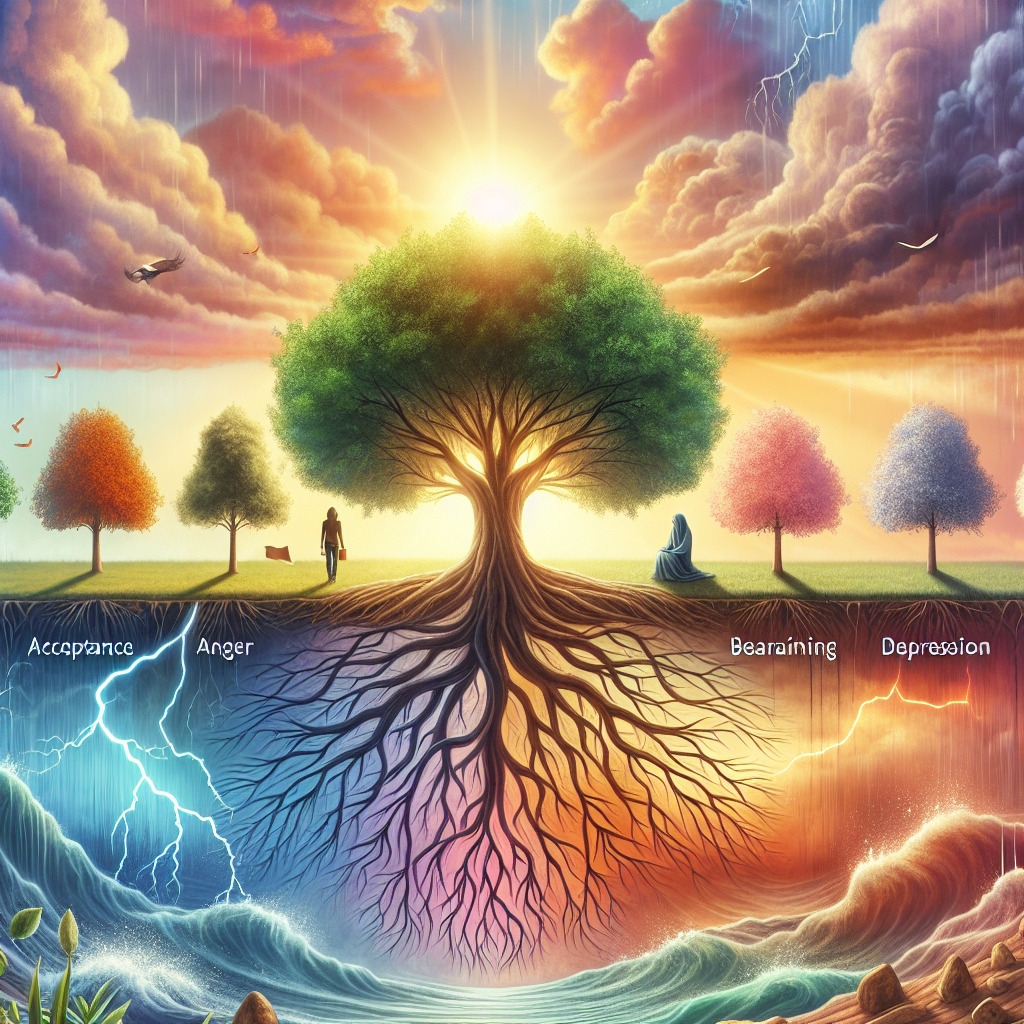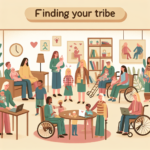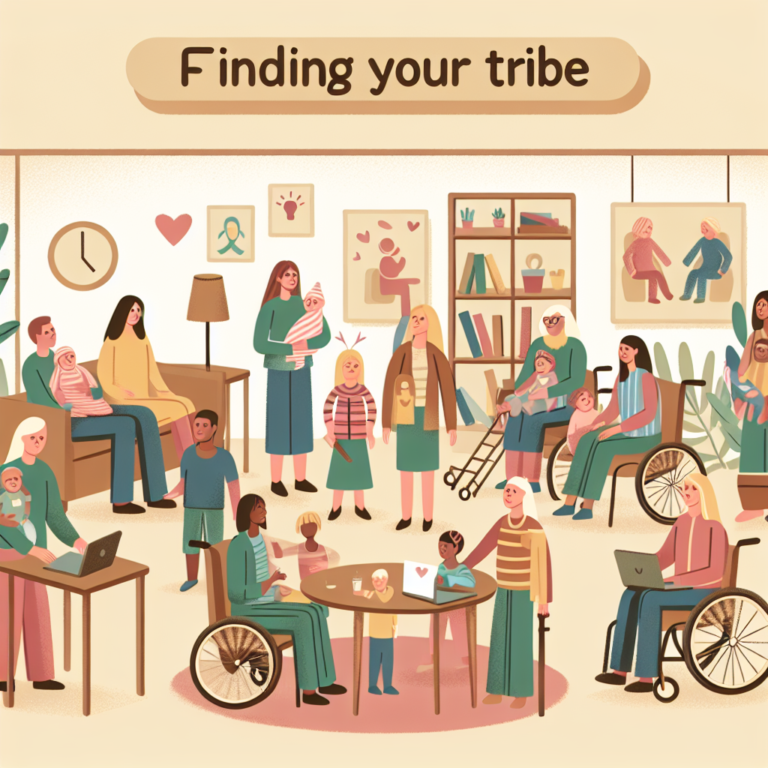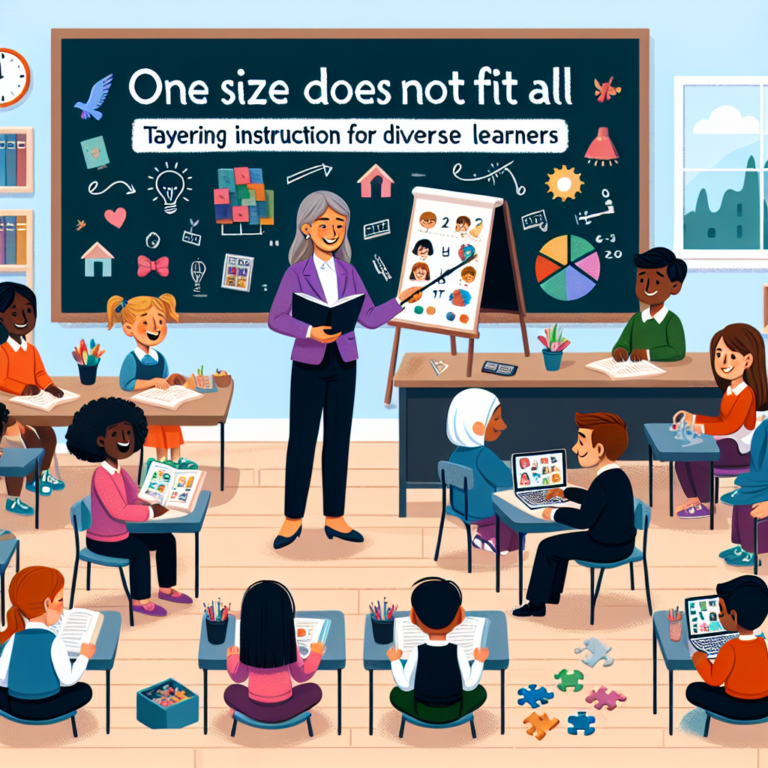
Coping with Change: Understanding Grief Stages and Building Resilience for a Brighter Tomorrow
Introduction
Change is a universal experience that engulfs everyone at various points in life. Whether it’s the loss of a loved one, a job transition, a divorce, or a major life shift, coping with change requires us to navigate a complex emotional landscape. Understanding the stages of grief not only aids in processing these emotional upheavals but also lays the groundwork for building resilience. This article, "Coping with Change: Understanding Grief Stages and Building Resilience," offers insights into how people can effectively manage their responses to change and emerge stronger.
The Relevance of Coping with Change
In today’s fast-paced world, the ability to cope with change has never been more crucial. A report from the American Psychological Association highlighted that individuals suffering from chronic stress due to life changes are at a heightened risk for mental health issues. Understanding grief stages and building resilience becomes not just an emotional necessity but a vital skill set.
Understanding the Grief Stages
Before delving into resilience, it’s essential to explore the grief stages introduced by Elisabeth Kübler-Ross. These stages, often referred to as DABDA, comprise Denial, Anger, Bargaining, Depression, and Acceptance. While these stages provide a framework, it is critical to remember that grieving is a unique process for everyone.
1. Denial
Initially, many people enter a state of denial. This stage acts as a buffer, allowing individuals a moment to absorb the shock of change.
- Case Study: Sarah lost her job unexpectedly during the pandemic. For weeks, she avoided acknowledging her situation, filling her days with distractions. Research indicates that denial can be helpful initially, providing a necessary pause.
| Stage | Characteristics |
|---|---|
| Denial | Shock, numbness, avoidance |
| Anger | Frustration, rage, blame |
| Bargaining | Negotiation, seeking compromise |
| Depression | Sadness, despair, withdrawal |
| Acceptance | Coming to terms, moving forward |
2. Anger
Following denial, anger often surfaces. Individuals may direct their feelings toward themselves, others, or even the situation.
- Case Study: After losing her father, Maria expressed her grief as anger, often lashing out at friends who tried to support her. A study indicated that expressing anger could be a critical step to feeling more in control.
3. Bargaining
Bargaining involves seeking to regain control through negotiation. It often appears in the form of "if only" statements.
- Case Study: Mark thought often about the “what ifs” after his divorce. This bargaining stage kept him trapped in his past, reflecting a common scenario where individuals struggle to let go.
4. Depression
Depression may set in as the reality of loss becomes undeniable. This stage is characterized by deep feelings of sadness and despair.
- Case Study: During the lockdown, Emma faced depression after losing her routine and social connections. Her experience was mirrored by many who struggled with isolation and loss of community.
5. Acceptance
Acceptance is not about forgetting but rather about understanding and learning to live with the change.
- Case Study: James learned to accept his diagnosis of a chronic illness. Over time, he transformed his experience into a platform for awareness and advocacy, showcasing resilience.
Building Resilience
While grief can feel debilitating, it is important to highlight that resilience can be built. Resilience is the ability to adapt positively to adversity and change.
The Pillars of Resilience
Emotional Awareness: Recognizing and understanding your emotions fosters better coping strategies.
- Real-World Example: Journaling was instrumental for Lisa after her mother’s passing. Writing helped her process emotions, ultimately leading to greater understanding.
Mindfulness and Presence: Engaging in practices such as meditation can enhance emotional regulation.
- Research Insight: A study showed that mindfulness practices significantly improved emotional well-being for those navigating grief.
Support Networks: Building a supportive community is crucial for resilience.
- Case Study: Dave joined a support group after his partner’s death. The shared experiences helped him find comfort in community.
Problem-Solving Skills: Developing the ability to tackle life’s challenges head-on can foster resilience.
- Statistical Data: Data from psychological studies indicate that strong problem-solving skills correlate with higher resilience scores.
Self-Compassion: Treating oneself with kindness during tough times can improve emotional outcomes.
- Example: During her grieving process, Rachel practiced self-compassion by allowing herself time to heal and not forcing a ‘return to normalcy.’
Strategies for Coping with Change
1. Embrace Flexibility
Accept that change is a part of life. By embracing flexibility, you can navigate transitions with grace.
- Quote to Remember: “It is not the strongest of the species that survive, nor the most intelligent, but the one most responsive to change.” – Charles Darwin.
2. Seek Professional Support
Therapists and counselors can offer strategies and tools to help process grief and develop resilience.
3. Journal Your Journey
Writing down your feelings can clarify thoughts and track progress in your healing journey.
4. Engage in Physical Activity
Exercise releases endorphins, which contribute to mood improvement.
5. Cultivate Gratitude
Focus on what remains rather than what has been lost. Practice gratitude daily for small things, which can uplift the spirit.
Conclusion
Coping with change is a multifaceted journey, deeply intertwined with the understanding of grief stages and the development of resilience. While loss and change may be inescapable, how we respond to these events shapes our lives moving forward. Embracing strategies to build resilience can empower us to face any challenge with courage and determination.
Actionable Insight
Remember, it’s okay to grieve and to seek help. Embrace the stages of grief, lean on your support systems, and cultivate resilience. As you traverse through life’s inevitable changes, know that each experience contributes to your growth.
FAQs
1. What are the common stages of grief?
The common stages of grief, as per Kübler-Ross, include Denial, Anger, Bargaining, Depression, and Acceptance.
2. How long does the grieving process take?
The grieving process is highly individual and can vary from weeks to years, depending on various factors including support, personal coping mechanisms, and the nature of the loss.
3. Can grief be experienced without loss of life?
Yes, grieving can also be triggered by significant life changes, such as divorce, job loss, or even moving away.
4. How can I help someone who is grieving?
Offer support without judgment. Listen actively and allow them to express their emotions without rushing them through their grieving process.
5. Is it normal to feel angry during grief?
Yes, feeling anger is a normal reaction in the grieving process. It’s important to acknowledge and express this emotion in healthy ways.
By understanding grief stages and building resilience, we can better navigate the murky waters of change, transforming our challenges into opportunities for growth. The journey is tough, but it is also rewarding; emerging from these experiences is not just about survival but about thriving.

















